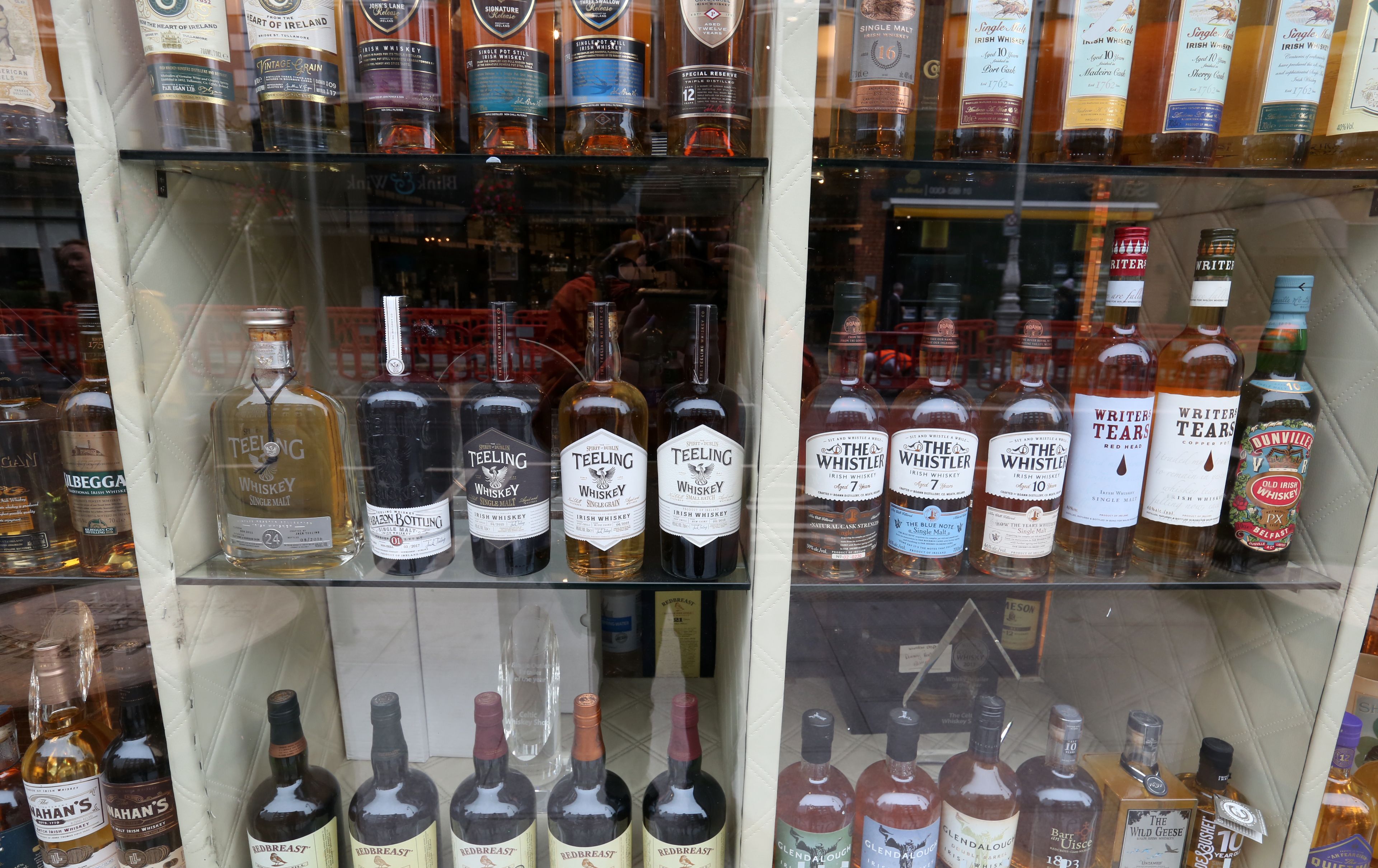EARLIER this week I listened to a YouTube talk given by an inspirational lady, Barbara Whelan, who is the co-founder of Silent Voices, an initiative of Alcohol Action Ireland.
Silent voices aims to end the silence on the impact of parental alcohol misuse in Ireland. Barbara grew up in a home where there was parental alcohol misuse and has experienced anxiety and depression. She is a long term practitioner of mindfulness meditation which she says helps her to stay well and to lead a happier life.
What I loved about Barbara’s talk was that not only was she able to address the negatives of a child growing up in that environment, but also what the positive qualities are that a child expresses
I was shocked by the figures quoted by Barbara that there are approximately 400,000 adults in Ireland who grew up with parental alcohol misuse and that there are an estimated 200,000 children currently growing up with parental alcohol misuse. These figures refer to the South of Ireland – I would love to know the statistics for the North of Ireland.
Having grown up in an alcoholic home, I’m aware of the negative traits that children experience: the fear, depression, anxiety and low self-esteem. What Barbara so eloquently stated was, and I repeat, that there is hope for us children and adult children of alcoholics and that there are evidenced-based treatment models available that support healthy recovery.
She herself says that she has found that her daily practice of mindfulness and self-compassion focus therapy, along with counselling, enables and empowers her with life on life’s terms. She described how, through practice, she dampens down her threat system, a system which children acquire in an alcoholic home – the forever present fear that something bad is going to happen – and that her practice strengthens her soothing system.
Research has shown us the negative traits of growing up in an alcoholic home, but when Barbara went to explore the positive traits, she found an abundance of resilience, strength, vulnerability, courage, fragility and compassion. For me, and I am sure for those who know only to well the negative traits, it’s on hearing the positive traits that we can breathe the hope that Barbara spoke about.
Her talk was hosted by eminent research psychologist Dr Katie Baird, who, like Barbara, highlighted the need for the practice of mindfulness and mindfulness-based self-compassion to be more widely available and taught within our primary schools. I and many of the friends that I have spoken to, agree that this is a change that, as Bob Dylan would say, has been "a long time coming".
For me, the practice of mindfulness cultivates those great qualities; I also find that when I am delivering mindfulness training to children in schools. It’s almost as if you see the sponges of their being soaking up these feelings, and they are feelings, beyond words. Images come to the children’s minds of warmth, kindness and compassion and it is on accessing these internal images that we feel at home with ourselves.
I am forever amazed at the work of wounded healers like Barbara Whelan and many others, who forge away at highlighting the needs of those who have no voice. Silent voices, like her organisation, delivering skills and, most of all, hope to those who suffer.
Barbara ended by reading a beautiful poem that she wrote.
Breaking the Silence
When I tell you for the first time, that I grew up in an alcoholic home,
please realise how much courage it has taken me to tell you,
and how frightened I am, that my family will discover, I have spoken to you.
When I begin to slowly walk the long road to trusting you,
be patient with me, and when I give you my trust,
please appreciate the gift I have given you.
Because I had to play ‘happy families ‘ all my life,
I smile on the outside and I cry on the inside.
I am terrified of anger and so afraid that if I start to cry,
I may never be able to stop.
When I stop smiling please hold me.









